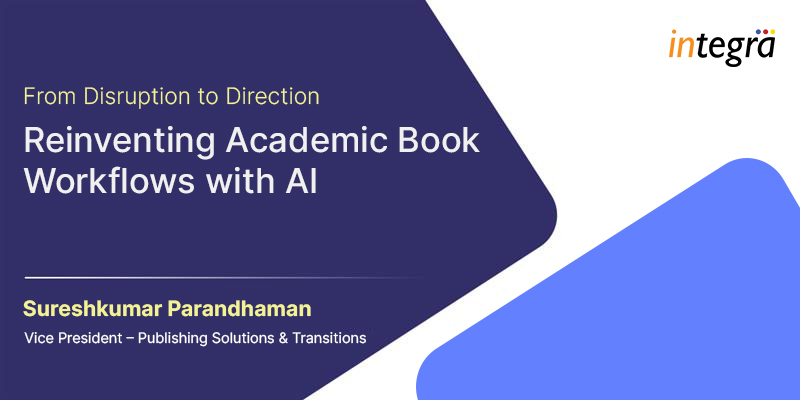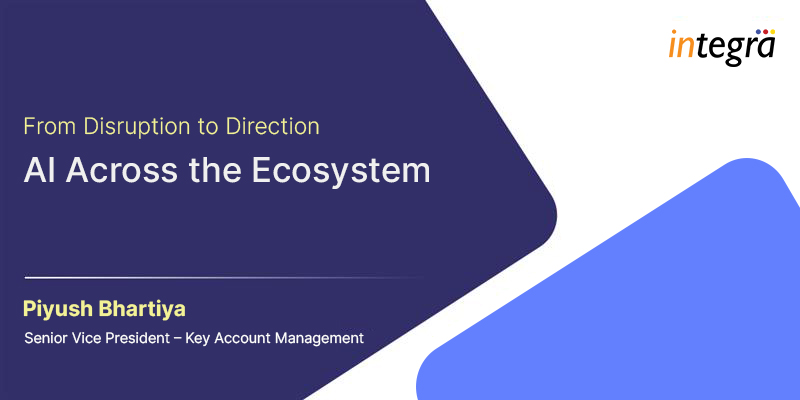AI-Powered Feedback Loops Elevate Journal Publishing Quality

Feedback is critical for publishers to understand their audience and improve their published works. Plus, the opportunity to provide feedback enhances reader engagement and allows the publisher to build trust and establish credibility in a primarily digital world. This blog discusses leveraging modern technologies, such as AI, to leverage the value of feedback for your publishing house.
Efficient Collection and Categorization of Reader Feedback Using AI
Since online publishing expands the surface area of visibility and access to published content, accumulating feedback across reader streams and extracting insights requires extensive effort.
Although web scouring techniques can facilitate the assimilation of such data, categorizing, assessing, and eliciting valuable insights still remains a massive task to accomplish, especially when done manually. This is where AI can help, collating and categorizing data from diverse sources. Plus, NLP-powered feedback assessment offers further support, categorizing the feedback into positive, negative, feed-forward, and other categories to facilitate analysis.
Once the feedback is categorized, large language models (LLMs) can distinguish genuine feedback and filter comments accordingly. ML and deep learning algorithms can “understand” the comments and generate feedback analysis reports to provide actionable insights for authors, editors, reviewers, and the publisher.
Tools for Real-Time Content Adjustments Based on Ongoing Feedback
Amid hyper-personalization across industries, readers expect similar offerings from research publications. AI-powered content management systems can transform how content is served to readers in multiple ways. It allows publishers to:
- Offer content in the reader’s regional language dynamically, taking cultural preferences into consideration by assessing user location data and reading preferences.
- Analyze previous feedback and reading patterns to suggest more readings and improve the discoverability of existing content.
- Assess content in real-time using AI models and update it according to any new industry updates or flag inaccuracies and outdated content.
Strategies for Predictive Feedback Analysis
The biggest strength of powering publishing workflows with AI is the use of predictive and generative analytics. Machine learning models can assess the content and evaluate its performance and potential to elicit feedback. Generative AI can use historical data to artificially generate reader feedback and suggest content improvements to minimize negative comments.
How AI Transforms Feedback into Actionable Editorial Strategies
Feedback reports with AI-suggested corrective measures can be quantified for better understanding and converted to visual reports to gain a clear picture of content performance, quality perception among the audience, and demand. Moreover, editorial decisions can be driven by AI insights, such as the direction of research, topics in demand, reader-preferred learning modes, and even incorporating assistive technologies for certain segments of readers. It can also identify areas of improvement, such as onboarding more SMEs, choosing appropriate content and research quality metrics, or suitable research or data collection methodologies.
Creating a feedback loop and making the most of the insights it offers allows publishers to improve the efficacy of research publications. However, a feedback loop cannot work in isolation. Equipping the publishing process with AI-powered tools to incorporate findings from feedback assessment at every stage of manuscript progress can transform publishing. Talk to the experts at Integra to learn more about upgrading your publishing process with AI-powered feedback loops to enrich each stage of publishing.
Recent Blogs

Research Integrity vs. Publication Integrity: Clarifying Responsibility in Scholarly Publishing

From Disruption to Direction: Reinventing Academic Book Workflows with AI


